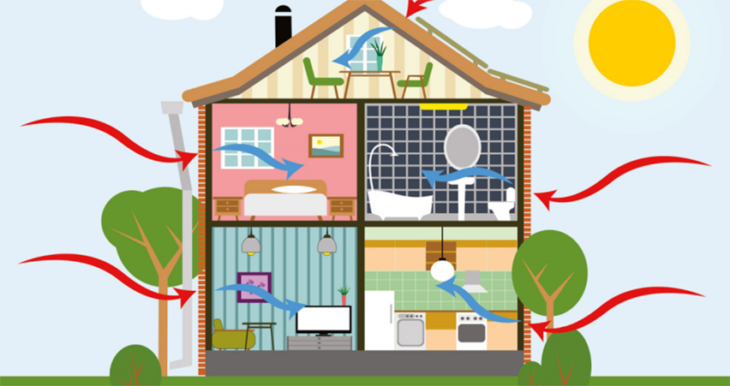I once saw an “Oprah” episode with a guy so hell-bent on reducing his monthly grocery bills that he had a practice of purchasing doubly-ply toilet paper, unrolling it and then re-rolling it into two separate rolls, thus turning 12 rolls into 24. Swear to God. Enter multiple scatological puns here. (What a cheap-ass! That’s a serious tight wad!)
Sure, attempting to slash your monthly bills is a good move—especially these days, when money ain’t exactly growing on trees. But doing so by re-rolling toilet paper? That’s only for serious whack jobs. In her book 99 Things to Save Money in Your Household Budget, Mary Hance, author of the Nashville Tennessean’s “Ms. Cheap” column, offers some real-life (as opposed to real lame) ideas on how to free up a little extra room in your budget. I found many of them really legit, not to mention simple. Some of my personal faves, after the jump!
Contents
Evaluate Your Car Insurance Policies At Least Annually

Source: Bobatoo
Hance says that one in four people mistakenly believe that car insurance policies all charge the same rates. Don’t be one of those bozos! Shopping around can pay off. Even if you don’t find something better, you’ll have the peace of mind of knowing you’re getting the best price, she says. Hance recommends contacting your agent at least annually to see if your rates have changed or if there are new options. “You might find that raising a deductible or making other adjustments can save you some serious money,” she notes, adding that you should also inquire about every discount possible. “Being a good student, having multiple policies bundled together with one insurer, taking driver’s education courses and even having good credit can reduce your rates,” she adds.
Think Long And Hard Before Getting A Pet

Source: AdobeStock
Hance doesn’t say you shouldn’t get a pet (she’s got her own beloved German shepherd named Shoogar), but she does advise going into pet ownership fully aware of the costs associated with it. “The annual expense for a large dog can top $2,000 when you consider food, equipment, licenses, training, occasional boarding and, of course, the inevitable vet bills.” If you’re dead-set on hooking yourself up with some canine or feline companionship (which, let’s be honest, is often more reliable than that of a guy), she suggests adopting one from a shelter instead of spending extra cash on a purebred. And by all means, shop around for a vet. “You’d be surprised at how much vet fees vary,” she says. “Call several clinics and ask for prices on basic procedures like neutering or vaccinations.” Another savings tactic she recommends: instead of paying to board your pet when you have to be away, try to set up a pet-sitting exchange with other pet-owner pals.
Exercise On The Cheap

Source: Shutterstock
You don’t have to have a gym membership to work out (and admit it, you always pass on spin class in order to catch up on “The Real Housewives” anyway). “There are so many cheap and free exercise options, starting with workout videos you can buy or check out from the library, a set of hand weights that can be purchased for $10 or sourcing the internet for new workout routines,” says Hance. With the help of a yoga or exercise mat, a set of dumbbells and an exercise ball, you can turn your living room or bedroom into a fitness center. Or, Hance suggests, check with your local park system to learn of any free-of-charge fitness classes and facilities – you pay for them with your tax dollars, so why not take advantage? In you must sweat it out in a more formal exercise institution, she recommends checking with your Y.M.C.A. or other gyms for discounted programs or opportunities in which you can volunteer a certain number of hours a month in exchange for free use of the facilities.
Be As Energy Efficient As Possible

Source: Possibili Tree
I know, I know – if you hear one more “Be green!” message, you might puke your organic, locally grown lunch all over yourself. It’s clear that reducing your carbon footprint is good for the planet, but it can also be good for your wallet. Hance advises doing your own energy audit online to find out how energy efficient your home is and what you can do to improve it. She also notes that by heating your water more efficiently, you can save major moolah as well: “Water heating is the second-biggest energy consumer in the home, so if you change to an energy-efficient water heater when the one you have needs to be replaced or simply change your heater’s temperature setting to 120 degrees instead of the factory-set 140 degrees, you’ll save some serious dollars.” You can read more on energy efficiency at Utility Saving Expert. Happy learning.
Original by Chelsea Kaplan
